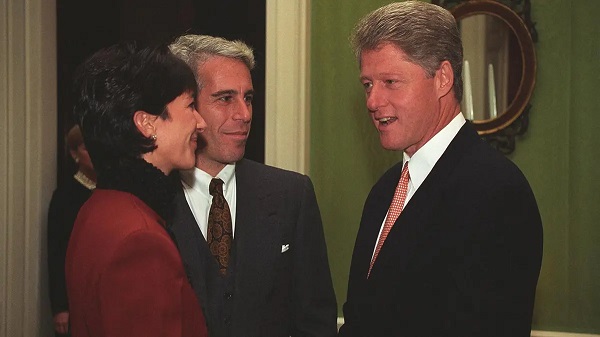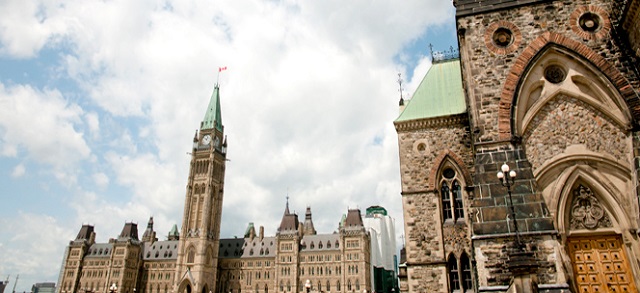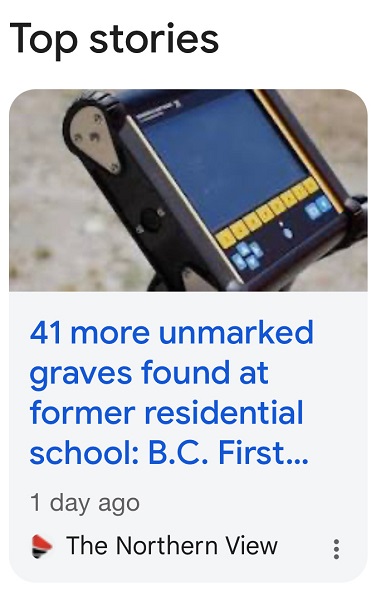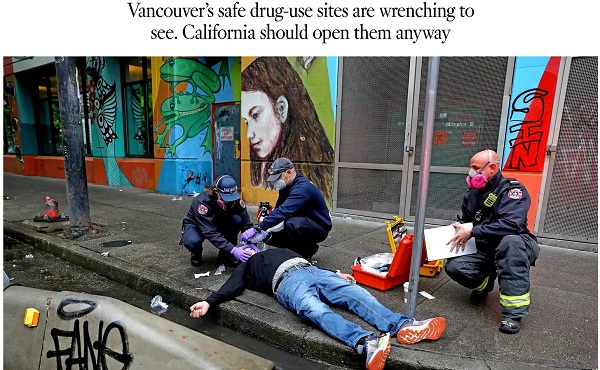Alberta
Alberta’s fiscal update—and $6.5 billion deficit—underscores need for spending reductions

From the Fraser Institute
By Tegan Hill
According to the Q1 fiscal update, the Alberta provincial government will run a $6.5 billion budget deficit this fiscal year—up from the $5.2 billion budget deficit projected in the February budget. This may come as a surprise to many on the heels of a $8.3 billion surplus in 2024/25, but it’s all part of Alberta’s ongoing resource revenue rollercoaster. And it’s time to get off the track.
Resource revenues, including oil and gas revenues, are inherently volatile. For perspective, over roughly the last decade, resource revenue has been as low as $2.8 billion in 2015/16, accounting for just 6.5 per cent of total revenue, and as high as $25.2 billion in 2022/23, accounting for 33.2 per cent of total revenue.
Alberta has a long history of enjoying budget surpluses when resource revenue is high, but inevitably falls back into deficits when resource revenue declines. And it’s no surprise we’re back here today.
According to the recent fiscal update, resource revenue will fall by $6.3 billion this year compared to last. That means that of the $14.8 billion swing in Alberta’s budget balance, nearly 43 per cent can be explained by a decline in resource revenue alone. And if resource revenue was the same level as last year, Alberta’s budget would nearly be balanced.
Deficits have real consequences. Consider Alberta’s last period of deficits, which went on nearly uninterrupted from 2008/09 to 2020/21. Alberta moved from a position of having more assets, such as the Heritage Fund, than it did debt, resulting in a net debt position of $59.5 billion in 2020/21. Overall, Alberta’s net financial position deteriorated by $94.6 billion over the period. Correspondingly, Albertans went from having interest payments on provincial debt of approximately $58 per person in 2008/09 to $564 in 2020/21 (that number is expected to surpass $705 per person by 2027/28).
Fortunately, Alberta isn’t doomed to the boom and bust cycle.
The key is understanding that Alberta’s fiscal challenges are not actually a revenue problem—they’re a spending problem. Indeed, the underlying issue is that governments typically increase spending during good times of relatively high resource revenue to levels that are unsustainable (without incurring deficits) when resource revenue inevitably declines. Put simply, ongoing spending levels significantly exceed stable ongoing revenue.
The provincial government has made important strides in recent years by limiting spending growth to inflation and population growth. Unfortunately, spending levels were already so misaligned with stable, predictable revenue, that it is simply not sufficient to avoid deficits. Alberta needs meaningful spending reductions.
Fortunately, there’s some low hanging fruit to help get the province on track. For instance, Alberta spends billion of dollars annually dolling out subsidies to select businesses and industries. For perspective, in 2024/25, grants were the largest expense for the ministry of environment and the second largest expense for the ministry of technology and innovation. The provincial government should require that each ministry closely examine their budgets and eliminate business subsidies to yield savings.
According to the recent fiscal update, Alberta will continue to ride the resource revenue rollercoaster in 2025/26. It’s time to finally change course. That means meaningful spending reductions—and eliminating business subsidies is a good place to start.
Alberta
Natural gas connection to breathe new life into former Alberta ghost town

From the Canadian Energy Centre
By Cody Ciona
Nordegg looks forward to lower energy costs and improved reliability
More than a century after its founding, the former ghost town of Nordegg, Alta. is getting natural gas service, promising lower costs and more reliable energy for homes and businesses.
“Natural gas will be a huge game changer, especially for commercial use,” said Clearwater County Reeve Michelle Swanson.
The former coal mining town is no stranger to cold winters. During Alberta’s cold snap in January 2024, the hamlet broke its cold weather record reaching a bone chilling -45.8 degrees Celsius.
In the 1920s, Nordegg — tucked into the foothills of the Rockies about two hours west of Red Deer — was home to Alberta’s most productive coal mine, a fuel supply primarily for steam locomotives.
But demand declined following the Leduc No. 1 oil discovery in 1947, and the mine closed in 1955.
The population dwindled from a peak of nearly 3,000 people to as few as 27 at one point, said Swanson.
Today, about 90 people call the hamlet home, and the future is looking brighter.
“We’re slowly building up. We have more full time residents. We have businesses that are looking to locate there, a couple hotels. Tourism is the area’s primary industry,” Swanson said.
By adding access to natural gas and installing new fibre optic internet, Nordegg will be able to sustain new growth and attract development, she said.
In July, the Alberta government announced $2.5 million in funding to help build an 11-kilometre pipeline connecting the hamlet to a nearby gas plant. The $8-million project is also funded by the county and the Rocky Gas Co-Op.
With the new gas connection, residents could save up to 25 per cent on their utility bills, according to the province.
Swanson said that right now people in Nordegg get their energy from electricity, wood and propane.
“Electricity is the primary heat source, and your secondary is wood stoves and most of the businesses are also running off propane, because of the costs of electricity,” she said.
The biggest benefit of connecting to natural gas is reliability, she said.
“Number one is having the predictability that gas provides. It is going to be there on time. Propane, I mean, you can run out,” Swanson said.
Safety is another big factor in a region that can be prone to wildfires.
“I know our firefighters were worried that a wildfire could set off a lot of propane explosions, and that’s not helpful,” she said.
“At the end of the day to me, it’s all about the fact that you’re creating a safer community, and you’re having a more predictable fuel source.”
Pipeline construction began in February and is targeted for completion this fall.
Alberta
Municipal Governments Are Moving On Without You

“Giving money and power to government is like giving whiskey and car keys to teenage boys.”— P.J. O’Rourke
As taxpayers who’ve seen their monthly property tax vault from $310/ month to $400/ month within three years the notice that Calgary is offering $285 K for a Director, Climate and Environment caught our eye. For those who don’t follow Calgary politics, mayor Jyoti Gondek is the Woke pretender who exploited a four-way split to gain the mayor’s job in 2022.
Her first act in office? Energy? Transit? Lowering taxes? Be serious. She declared a climate emergency in a city where the sun shines 333 days a year. The biggest air quality issue is forest-fire smoke that originates hundreds of kilometres away from her progressive reach. No matter.
She’s running again this fall on the same noxious platform of climate Armegeddon married to “the values of equity, diversity, inclusion, anti-racism and reconciliation”. For those saying, “Who cares what happens in Cowtown?” this formula applies to virtually every major metropolitan area of Canada. It is a nation of Gondeks running city halls on behalf of unwitting people who go, ”How’d that happen?”
As we head to Labour Day and the celebration of work we can’t list them all the hizzoners and heronners, but we’ll just say Olivia Chow dancing during Toronto’s Caribana or Montreal’s Valerie Plante sending cops into churches to arrest Christian singers and let that suffice.

So as we wade through the 17 paragraphs of “equity, diversity, inclusion, anti-racism and reconciliation” in the job offering know that you are watching in real time the metastasizing of the Canadian public service in microcosm. A creeping blight that now, post Justin Trudeau, sees Canada’s job growth only coming in the public (translation: non-profit) sector. The consultancy class. Sucking billions from the private economy, they’ve rewarded themselves with:
Work-life balance
Pensions
Benefits
Psychological and physical safety
1 day off in a 3 week cycle
Standard 35 hour work week
On a historical note, Justin came by this pork-barrelling naturally. Long ago, his papa Pierre was instrumental in bloating the civil service from a grey, unassuming body to a behemoth instrument of the government’s latest fancy. Faced with the trifecta of Quebec alienation, ‘60s social unrest and a huge Boomer generation PET and the Liberals created a vast menu of public-service jobs to accommodate the army of graduates from the expanding university/ college programs.
With platinum pensions, job security and white-collar pretension they calmed the counter culture even as the cost sent Canada’s economy into a ditch. When the civil service was granted the right to unionize, the stranglehold was compete. Thus we have government employees wearing keffiyehs, demanding the death of Israel and openly politicking for the far Left in elections.

How powerful are they? When the Truckers Convoy interrupted their sleep in Ottawa with honking horns, Trudeau declared a national emergency.
As you read the Calgary job application Job ID #: 312391 you’ll note that the public service’s righteous causes of the past— South Africa, nuclear war, bilingualism— have faded. But they have been replaced by a new mania, the Big Cs of climate, colonialism and conciliation. All eagerly regurgitated by friendly media.
Protected by ironclad job security, they can make your money disappear. Just this week we learned that these folks “faked” a start-up for subsidizing business after handing out $130M. Auditors can’t find the companies or jobs. $130 million . Oh, the possibilities. As P.J. O’Rourke observed, “It is a popular delusion that the government wastes vast amounts of money through inefficiency and sloth. Enormous effort and elaborate planning are required to waste this much money.”
Perhaps the best example of bureaucratic waste is tucked into the line “Applications are encouraged from members of groups that are historically disadvantaged and underrepresented.” (*Translation: DEI) And “… as a member of the Senior Management Team (SMT), you are expected to promote an inclusive leadership style that values equity, diversity, inclusion, and ensures psychological and physical safety.”
So you are urged to promote inclusion while the vast majority of taxpaying white male citizens are excluded from consideration. Right. Got it. And if you want this job please don’t mention that the vast David Suzuki climate empire propped up by government is falling apart in the United States and Europe. (The Chinese and Indians wisely never bought in.) Bury that lede beneath a truck garden of word salad.
There’s more. “Leveraging the business unit’s expertise in watershed planning, urban conservation, biodiversity stewardship, climate resilience, and energy management, you will encourage innovation and collaboration across sectors, integrating environmental excellence into city-wide planning systems and governance frameworks. With strong strategic thinking and political acumen, you will need experience in leading transformational change and fostering innovation.”
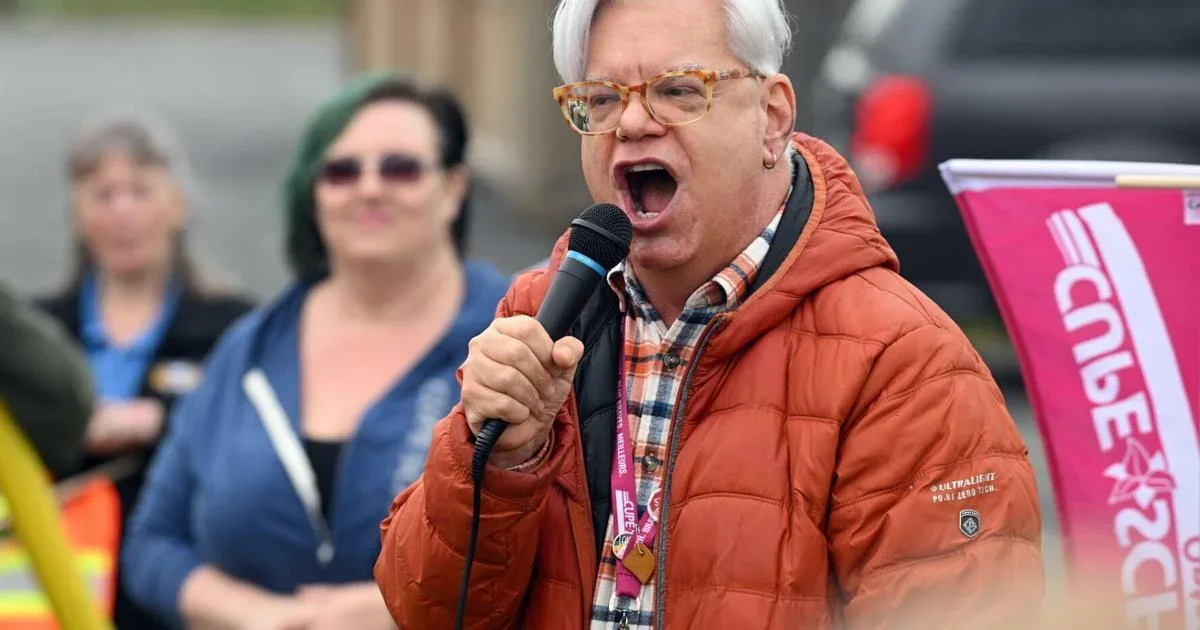
Transformational change is what they want (after a lengthy apology for colonialism) That’s why it’s buried at the end of this tedious tract. And oh, did we mention you’ll be required to forgo political neutrality? “You have a strong reputation for political and organizational sensitivity and are driven by a dedication to serving the citizens of Calgary. You are committed to our mission of “Making life better every day” through our core values of Character, Commitment, Competence, and Collaboration.”
Except every third Friday when you march in a Pride Parade or Free Palestine pop-up. Or just goof off. That’s a reward for the exhausting work of leading “climate initiatives that reduce climate risk through enhancing adaptation and resilience for both the Corporation and the community, energy management and greenhouse gas reduction, and supporting the energy transition for Calgary.”
Once again the real goal is buried in the last sentence. “Supporting the energy transition for Calgary”. Because Mark Carney has ordered NetZero diktats, city hall s like Calgary will forgo energy supremacy in exchange for EV batteries and charging stations that don’t work when the city’s temperature drops to minus 35 C.
You are encouraged to “foster open communication and a collaborative working environment that empowers others to make sound decisions. You ensure a respectful, inclusive, and accessible workplace and promoting employee health, safety, and wellness.”
So massive is the job’s importance that it requires an office full of other well-compensated civil servants to field your application. “To speak with a City recruiter, connect with Ashu Gandhi, David Fletcher or Jaci Spence-Eising on LinkedIn.”
We could go on, but the urge to self-harm has overtaken us. We can only summarize with the reason civil servants don’t look out the window in the morning is that then they’d have nothing to do in the afternoon.” Rim shot.
Bruce Dowbiggin @dowbboy is the editor of Not The Public Broadcaster A two-time winner of the Gemini Award as Canada’s top television sports broadcaster, his new book Deal With It: The Trades That Stunned The NHL And Changed hockey is now available on Amazon. Inexact Science: The Six Most Compelling Draft Years In NHL History, his previous book with his son Evan, was voted the seventh-best professional hockey book of all time by bookauthority.org . His 2004 book Money Players was voted sixth best on the same list, and is available via brucedowbigginbooks.ca.
-

 Business1 day ago
Business1 day agoAll of B.C. now subject to ‘Aboriginal title’ claims
-

 Business4 hours ago
Business4 hours agoBigger Government, Bigger Bill: PBO reveals $71.1 billion in federal personnel spending in 2024–25
-

 Business2 days ago
Business2 days agoCracker Barrel and the Power of Conservative Boycotts
-

 Business1 day ago
Business1 day agoB.C. Lottery Corp Fined $1M in First Casino Laundering Case Since Cullen Report
-

 Alberta1 day ago
Alberta1 day agoAlberta deficit projected to hit 6.5 billion – up 1.3 billion after first quarter
-

 Business1 day ago
Business1 day agoCarney’s tariff blunder cost you at the checkout
-

 Business1 day ago
Business1 day agoNew PBO report highlights the cost of ballooning bureaucracy
-

 COVID-1920 hours ago
COVID-1920 hours agoRFK Jr. revokes emergency use authorization for COVID shots

